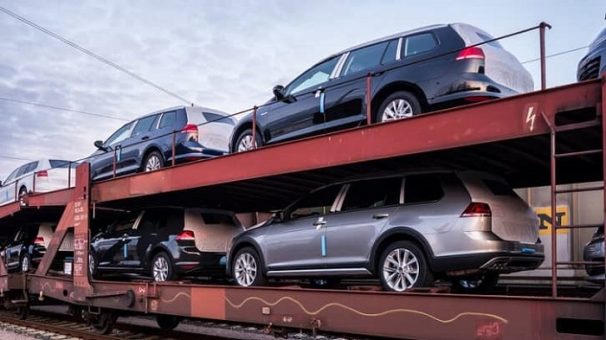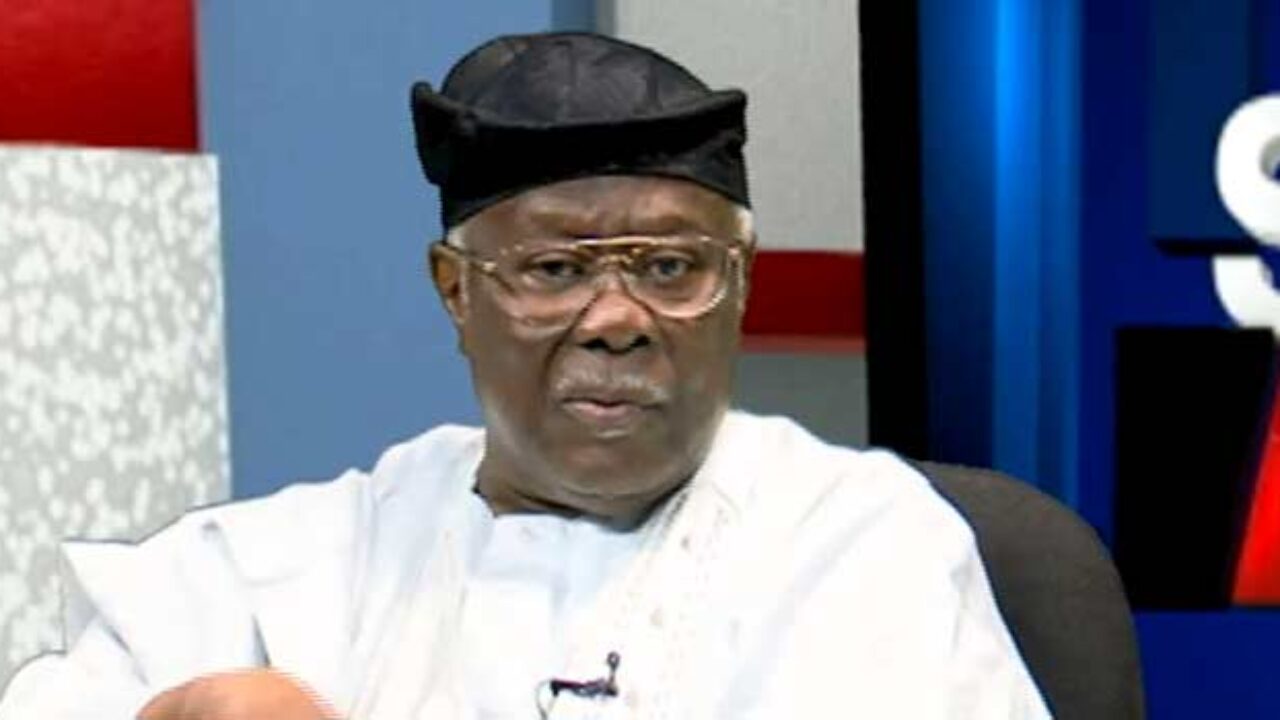Nigeria’s Electric Vehicles push falters over power, policy and price

BY TEMITOPE ADEBAYO
As the global auto industry continues its aggressive shift toward Electric Vehicles (EVs), Nigeria finds itself at a critical crossroads: join the movement or risk being left behind in a fast-advancing technological evolution.
While electric mobility is gaining traction in Europe, Asia, and even parts of Africa, the story is different in Nigeria, where poor infrastructure, high import costs, and policy inconsistencies threaten to make the EV dream a mirage at least for now.
The Global EV Wave and Nigeria’s Late Start
From Tesla’s global dominance to China’s BYD breaking sales records, electric vehicles have become the poster child for climate-conscious innovation. Even Kenya and South Africa have made significant headway in integrating EVs into public transport and ride-hailing services.
Nigeria, Africa’s most populous nation and one of the continent’s biggest car markets, is trailing far behind. The country currently has fewer than 500 registered electric vehicles, according to the National Automotive Design and Development Council (NADDC). Most of these vehicles are concentrated in Abuja and Lagos, with usage largely experimental or limited to private fleets and pilot projects.
Despite the low figures, NADDC insists that Nigeria is not being left out. In a recent stakeholders’ engagement in Lagos, the Council reiterated its commitment to EV adoption, unveiling guidelines for EV charging stations and announcing tax incentives for EV manufacturers. But is that enough?
Charging the Dream: Infrastructure Remains a Major Hurdle
A major concern for both consumers and auto industry insiders is infrastructure—or the lack of it. Nigeria’s unstable power supply poses a significant challenge to the widespread adoption of electric vehicles. Without reliable electricity, the dream of driving an EV across states could quickly turn into a nightmare.
“We cannot talk about electric vehicles in a country where many households still struggle to get four hours of electricity per day,” says Lanre Bakare, a transport economist based in Ibadan. “Until we solve power, EVs will remain luxury toys for the elite, not a mass-market solution.”
At present, only a handful of charging stations exist in the country, most of them located within company premises or academic institutions as part of research collaborations.
Policy and Perception: Mixed Signals from the Government
Inconsistent policy direction has also slowed down the momentum. While the NADDC has introduced some incentives, such as zero import duties for EV components, customs officials continue to apply full tariff rates in practice, citing unclear classifications.
“There is a policy gap between what is said and what is enforced,” notes Adaobi Okechukwu, a logistics consultant and automotive analyst. “This discourages investors who would otherwise see Nigeria as a manufacturing hub for West Africa.”
READ ALSO: S’Court affirms Gov. Monday Okpebholo’s election as duly elected
Meanwhile, public perception of EVs remains sceptical. A significant number of Nigerians still associate electric vehicles with unreliability, high maintenance costs, and the fear of being stranded without charging access.
Local Auto Manufacturers Taking Baby Steps
Amid the uncertainty, a few local auto players are pushing the boundaries. Jet Motors, a Nigerian automotive startup, has launched the Jet EV, a locally assembled electric minibus aimed at the B2B transport sector. Stallion Group has also introduced Hyundai Kona EVs assembled in Lagos.
However, with price tags starting from ₦24 million and above, these vehicles are well beyond the reach of the average Nigerian buyer. Petrol and diesel cars—often second-hand imports—remain the default choice for over 90% of road users.
Fuel Subsidy Removal and the Ironic Boost
Interestingly, the removal of the petrol subsidy in 2023, which led to a dramatic increase in fuel prices, has inadvertently sparked renewed interest in alternative energy vehicles. Compressed Natural Gas (CNG) has been the immediate beneficiary, with several government buses and fleet operators making the switch. But some experts believe this could be a stepping stone to broader EV acceptance.
“If the government can create a stable policy around CNG, it might be easier to transition to electric vehicles shortly,” said Engr. Bayo Abiodun, a renewable energy advocate.
What Lies Ahead?
For Nigeria’s auto industry, electric vehicles are not just a trend—they are a test. A test of policy coordination, infrastructural readiness, consumer education, and long-term economic vision.
Until Nigeria can provide the enabling environment—stable electricity, clear regulations, and financial support—electric vehicles will remain a symbol of global progress that feels out of place on Nigerian roads.
But the spark has been lit. Whether it turns into a roaring engine of progress or fizzles out depends on the choices made today.










